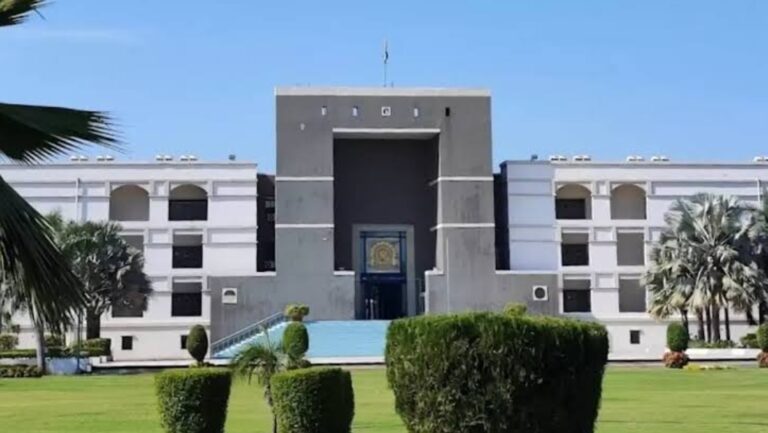Here’s a refined and clear case analysis of the Gujarat High Court’s judgment dated 10 July 2025, in the case MC Bauchemie India Pvt. Ltd. v. Union of India & Ors., which dealt with proceedings under Sections 73/74 of the CGST Act based solely on a mismatch between E-Way Bill data and GSTR-9, in the absence of any allegations of fraud, willful misstatement, or suppression:
Case Summary
- Facts: The department issued a Show Cause Notice (SCN) dated 27 December 2023 and a consequential order under Section 73 for the financial year 2018–19. The grounds were a claimed mismatch between turnover reflected in E-Way Bills and that declared in GSTR-9, along with discrepancies in Input Tax Credit (ITC) claims. The petitioner argued that these were mere clerical errors—not fraudulent or intentional—and their explanations were not adequately considered.
- Issue: Can proceedings under Section 73 (or even Section 74) be validly initiated solely based on a data mismatch, absent a prima facie finding of fraud, willful misstatement, or suppression?
- Court’s Holding: The Divisional Bench held that:
- Notice under Section 74 requires the authority to form a prima facie conclusion of fraud, willful misstatement, or suppression after carrying out a preliminary investigation.
- Absent such findings, initiating proceedings under either Section 73 or 74 purely on the basis of turnover mismatch is not permissible.
- The absence of any allegations of fraudulent conduct or intentional misstatement rendered the authority’s action in excess of jurisdiction.
The Court accordingly quashed and set aside the SCN, Order-in-Original, and related proceedings.
Legal Significance & Broader Principles
- Jurisdictional Limits
- Section 73 pertains to situations of tax short payment without fraud or misstatement.
- Section 74 deals with more serious cases involving fraud, willful misstatement, or suppression.
- Courts have consistently held that mere discrepancies, in the absence of bad faith or intent, cannot trigger these penal provisions—especially Section 74, which demands a strong prima facie case.
- Statutory Safeguards & Natural Justice
- Authorities must conduct a preliminary assessment before invoking Section 74.
- Penal provisions—particularly those involving higher penalties and extended limitation periods—must be based on conduct that substantiates fraud or suppression.
- The mere presence of a mismatch does not automatically imply wrongful conduct warranting adjudication.
- Consistent Judicial Approach
- Other High Courts and tribunals have taken similar stands, emphasizing that technical or clerical errors, without evidence of malintent, should not trigger punitive proceedings.
Key Takeaways
| Point | Insight |
|---|---|
| No fraud ⇒ No Section 73/74 | Discrepancies alone are insufficient. Fraud, misstatement, or suppression must be prima facie established. |
| Preliminary Investigation Required | Section 74 cannot be invoked without initial findings suggesting wrongful intent. |
| Procedural Fairness | Assessee must be given fair hearing; unexplained mismatches should lead to inquiries—not automatic penalties. |
| Judicial Trend | Courts distinguish between genuine clerical errors and deliberate manipulation; the former merit procedural remedial measures, not penal action. |
Final Thought
The Gujarat High Court’s judgment of 10 July 2025 serves as a vital judicial checkpoint—ensuring that GST enforcement remains just, proportionate, and within legal bounds. It underscores the principle that administrative action must be grounded in tangible evidence of wrongful intent, not mere data inconsistencies.
